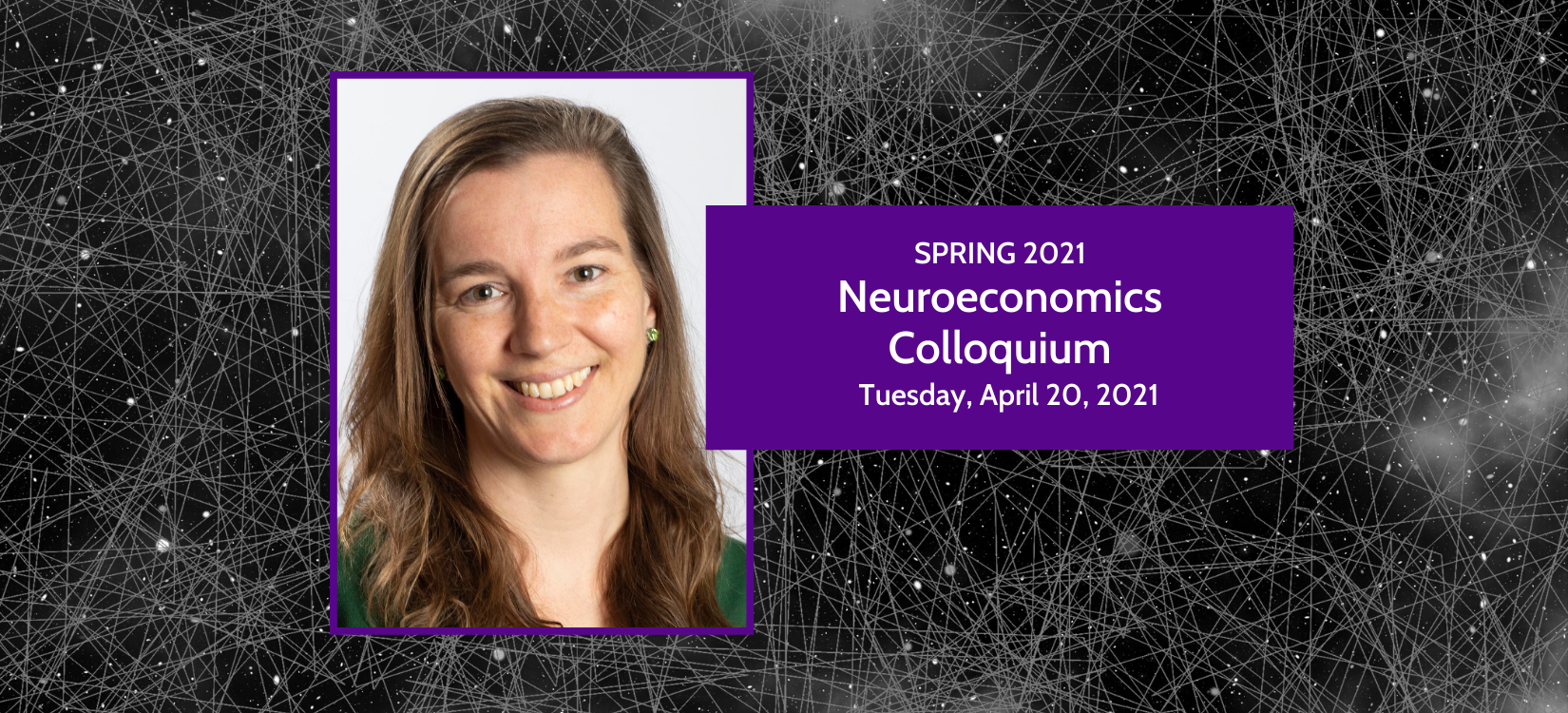
Hanneke den Ouden, Ph.D. (Donders)
Assistant Professor
Donders Institute for Brain, Cognition and Behaviour
Radboud University
Maladaptive biases in motivated action: computations, brains and psychopathology
Abstract
We make predictably bad decisions. We eat that extra slice of cake, buy the expensive phone, and fail to save our planet. It is a dream of psychiatry, and society at large, to understand how our motivations sway our actions in often seemingly irrational ways. A key observation is that behaviour is not only shaped by ‘rational’ learning from experience, but also by ‘hardwired’ motivational biases: Reward invigorates, while punishment elicits inhibition. These biases are thought to provide sensible default actions (‘priors’) based on accumulated experience, especially helpful when you have to be fast or the environment is unfamiliar. Motivational biases have been proposed to explain why humans are tempted by cues signalling the chance to gain food, drugs, or money, as they automatically activate behaviour. Conversely, punishment-induced suppression may lie at the core of mental health problems such as anxiety and mood disorders, and perhaps more generally societal inactivity in the face of global threats such as climate change. In this talk, I will present a number of recent studies in which we investigate the computational and neurochemicalbasis of such motivational response biases, using a combination of psychopharmacological manipulation of the dopamine system, patient research, computational modelling and neuroimaging (EEG-fMRI).
Speaker Bio
Dr. Hanneke den Ouden leads the Learning & Decision Making lab at the Donders Institute for Brain, Cognition and Behaviour in the Netherlands. We try to understand how we flexibly adapt to changing environmental demands, and why we so often fail to do so. Our research approach combines computational modelling of behaviour and neuroimaging data, fMRI, EEG, and psychopharmacology of the dopamine and serotonin systems, in both healthy and psychiatric populations. Hanneke completed her PhD at the Wellcome Centre for Human Neuroimaging, University College London. From 2009-2011 she was a postdoctoral fellow with prof. Roshan Cools at the Donders Institute, and from 2011-2013, she worked with prof. Nathaniel Daw at the Center for Neural Science, New York University. She then obtained an AXA postdoctoral fellowship as well as a Veni Talent Scheme fellowship to return to the Donders Institute, where she became an associate professor in 2017. In 2017, she was awarded a Vidi Innovation Scheme Grant to study the computational and neuropharmacological basis of adaptive decision-making in health and disease, which currently funds the lab.
Click here to access the Zoom Webinar.
Password: nyuisdm
